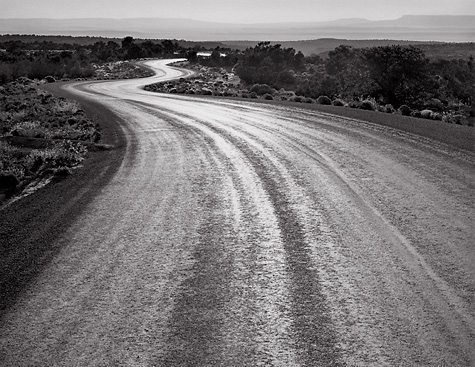קל"ה, הלכות פסח, ב:ב
The redemption from Egypt is a concept of joy and freedom, as in, "in joy you will go out." And, therefore we must eat matzah, for matzah is a concept of joy. On the other hand, chametz and sourdough (שאור) correspond to severely prohibited grief and sighing.
But all of this is only on Pesach, for at this time the Sitra-Achra has a limited grasp and control. Therefore, Klal Yisrael needed to leave Egypt in haste, because the Sitra-Achra was subdued for only a short amount of time. So, one must free himself from the grief and sighing that correspond to chametz and sourdough, so they do not interfere and confuse our joy. Therefore, one must eat only matzah and no chametz [on Pesach].
The holy Zohar explains that the matzah is a remedy, [matzah is a concept of joy] because joy is a remedy for all ailments. And, through using this remedy (matzah) a person is able to eat chametz [which is normally related to grief and sighing] after Pesach, and it will be in holiness and in joy.
But, on Shavuos when Klal Yisrael stood at Mt. Sinai and was able to control the inclination, the Sitra-Achra was completely subdued. And, therefore on Shavuos one has to bring two loaves of bread, which are chametz, as an offering. This is the essence of complete holy joy - to drive away one's grief and sighing and turn it into joy.
So, in the future when joy will abound, there will only be the Offering of Thanks (Todah), which includes chametz. This is because it is the essence of complete joy. It will only be in the future, because only then will the Sitra-Achra be completely eradicated. And, therefore this time will be known as, "you will not go out in haste."






















